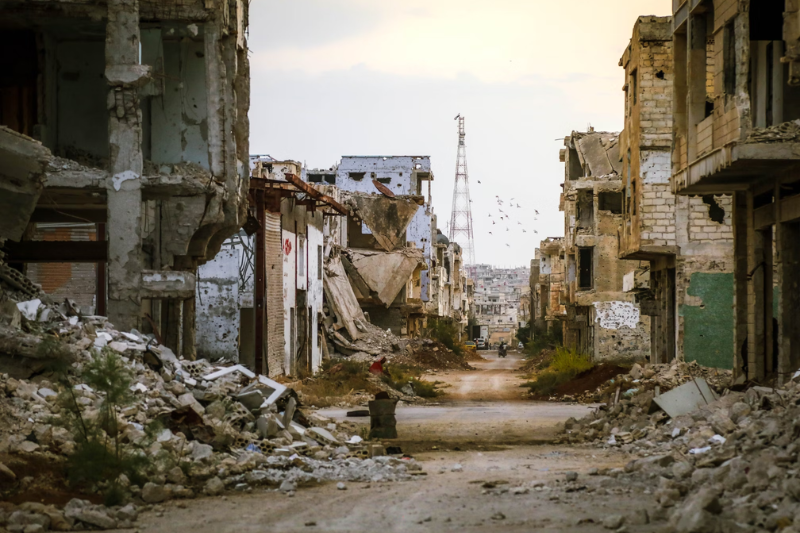
Distressing humanitarian and labour crisis unfolding in Syria: Let’s understand
The Finance Minister in the Hayat Tahrir al-Sham (HTS) administration has just highlighted the plan to increase the salaries of Syrian public sector employees by 400%, noting that the average salary in the country comes in the range of $20-25.
It is believed that the majority of the Syrian population still lives under the poverty line. The Minister also noted the administration’s aim to restructure public institutions to address inefficiencies, stressing that there is no accurate number of employees.
Is Syria facing a major labour crisis? Let’s understand
Media reports suggest that there are around 900,000 public sector employees, and some of them are just registered on paper to collect salary and not perform their duties. The Minister confirmed that 300,000 names are going to be eliminated.
In this context, Syrian academic and economic researcher Ammar Youssef noted that the 400% increase in salary is not going to address all the needs of employees and their families. He added that a Syrian family needs about $1,200 for basic requirements.
The expert also explained that the number of employees in the country is around 2 million – that it could reduce to 1.5 million in the near future. Nonetheless, these employees represent only a small fraction of the population.
HTS admin could take these steps for more inclusion
There are questions of inclusion floating around. To address this challenge, the Hayat Tahrir al-Sham administration can take a couple of immediate steps. The first one is making personnel changes to ensure that the cabinet has both competence and experience.
Secondly, HTS leaders need to build trust ith influential and talented Syrians from across the country’s cultural and political spectrums – and then quickly place these people in positions in order to enable them to help shape policy.
Former Syrian soldier speaks of distressing torment
Speaking under the condition of anonymity for safety reasons, a former Syrian soldier claimed he had been stopped some days back at a checkpoint near the village of Khirbet al-Ma’zah, close to the Mediterranean coastal city of Tartus.
In a secluded location, the young man recounted being dragged off a bus by HTS militants. He had been seeking the promised amnesty for ex-regime soldiers not committed acts of bloodshed or torture.
Taken to a checkpoint, he described being tied up, detained and beaten. He said that he endured 5 hours of torment before being dumped on the roadside. “The masked men terrify us. I’m sure they’ll punish the entire community,” he added.
The former soldier potentially belongs to the Alawite community. During former President Bashar al-Assad’s rule, people from this community formed the regime’s backbone, as 80% of them used to be part of the state, intelligence, security or the military.
The current rulers, nonetheless, dismissed the claims, stressing that there may be isolated incidents but these are rare. “The issue is that a climate of fear has been fueled by the spread of fake videos,” insisted an HTS official overseeing soldier reintegration in Tartus.







